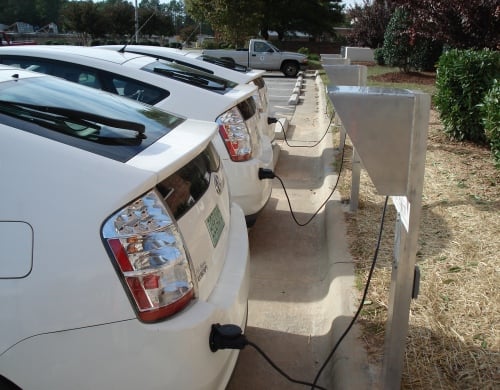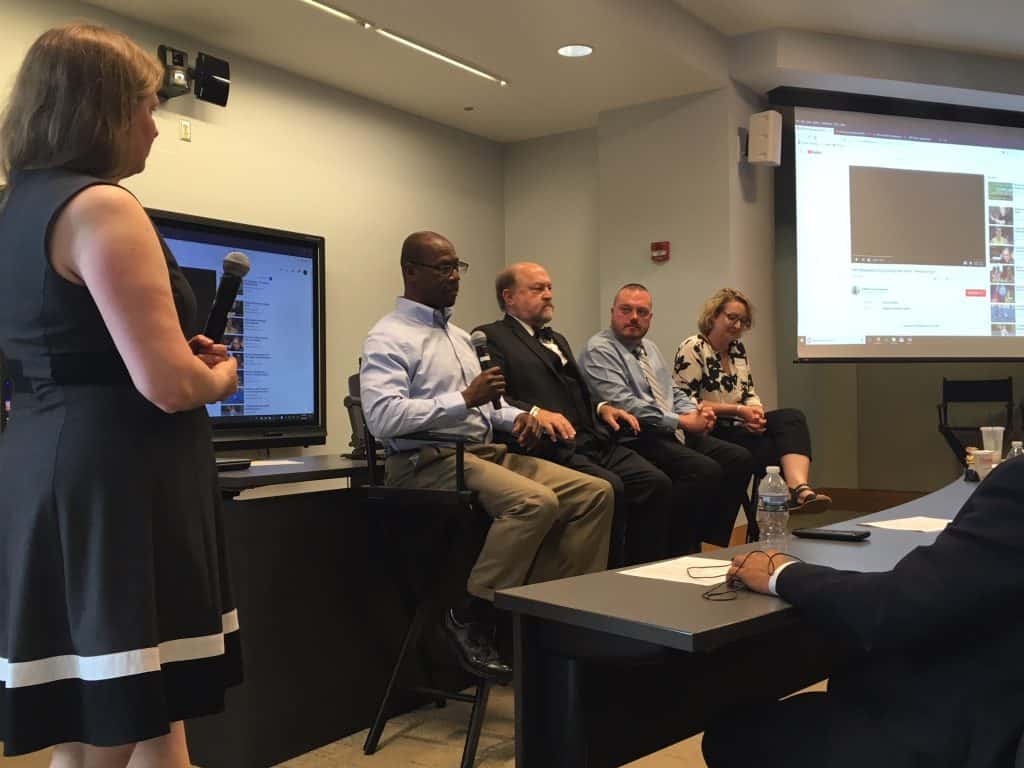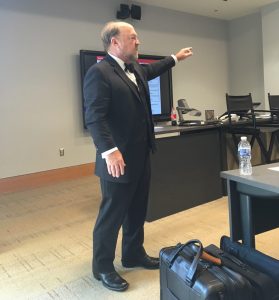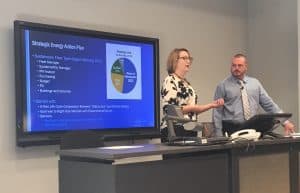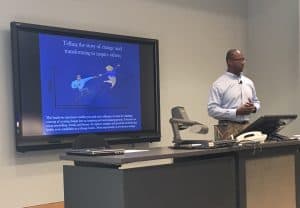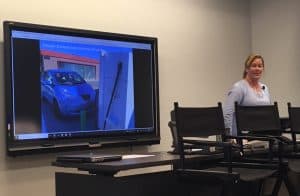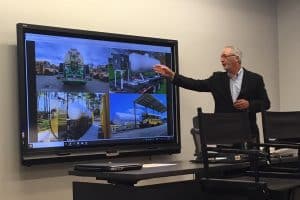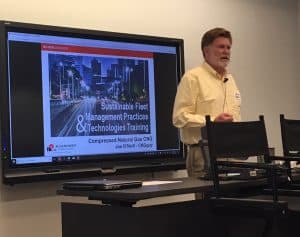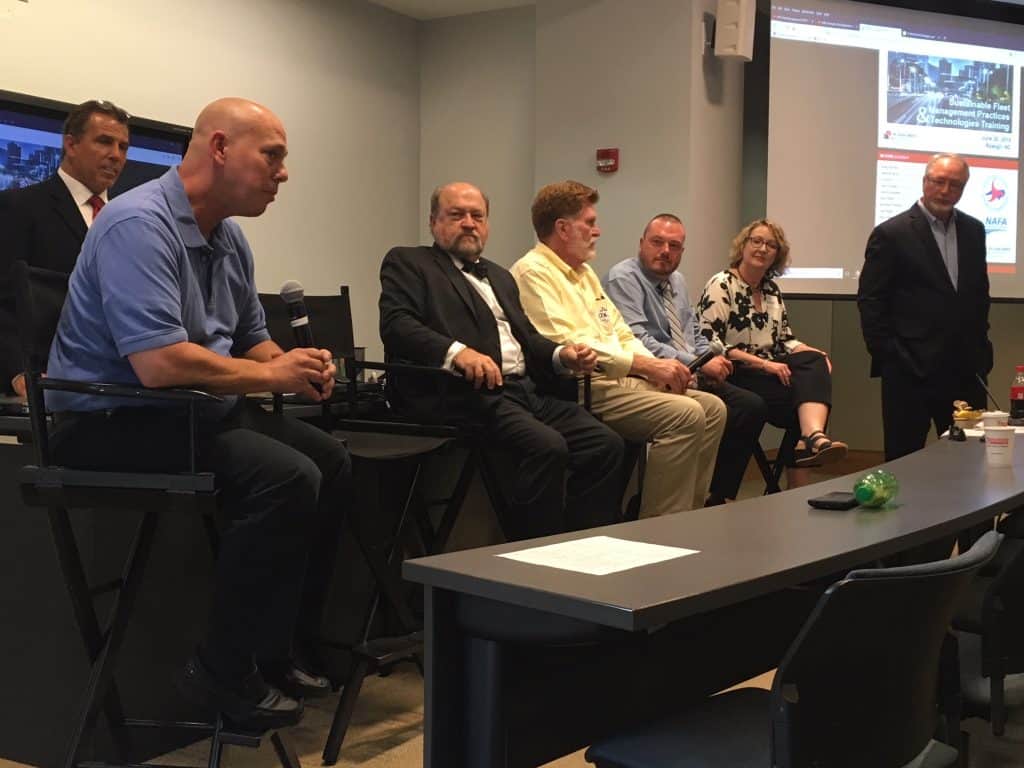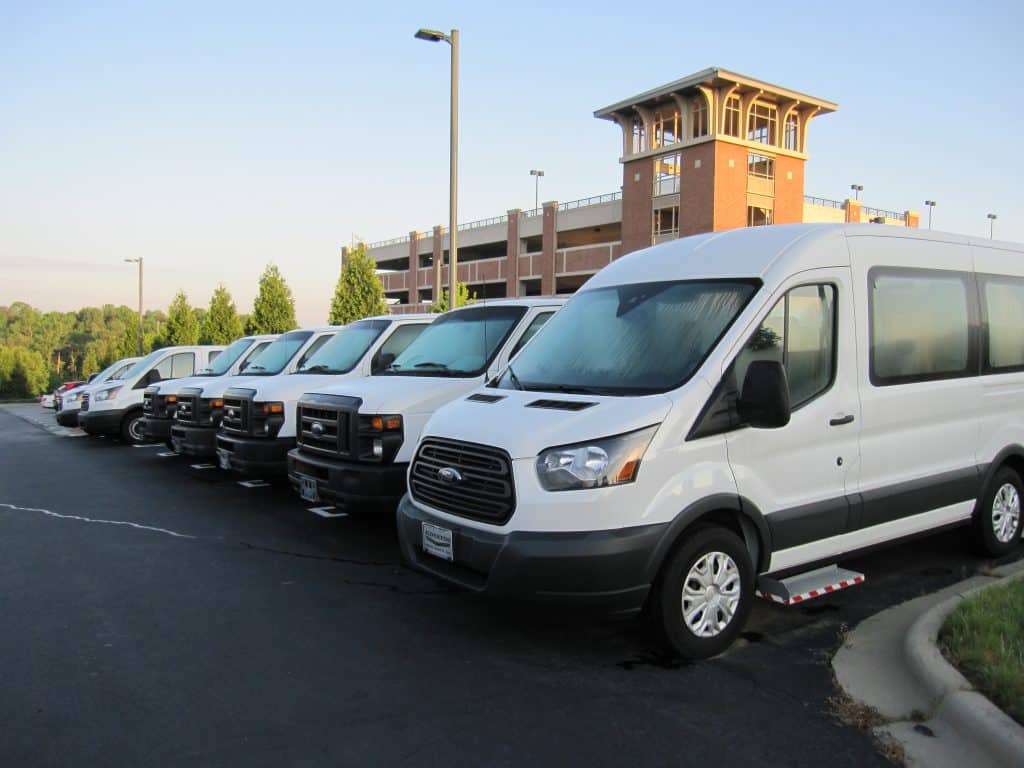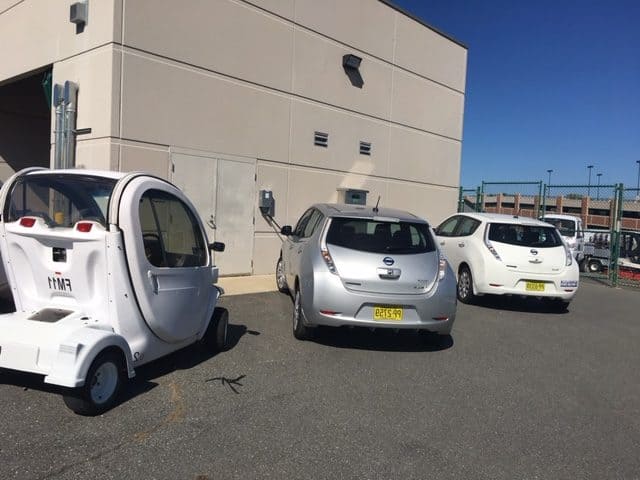NCCETC Awards $1.1 million in Air Quality Improvement Grants
New round of funding released
Raleigh, N.C. (October 9, 2018) — The N.C. Clean Energy Technology Center (NCCETC) at N.C. State University announced the results of a call for projects through the Clean Fuel Advanced Technology (CFAT) Project. The 2017-2018 $5.6 million initiative, focused on reducing transportation-related emissions, is supported with federal Congestion Mitigation Air Quality funding from the N.C. Department of Transportation (DOT). More than $1,100,101 is being awarded for ten projects to a variety of public and private entities.
Also, a new round of funding has been released, and the applications are due December 17, 2018.
The awards include:
- Alternative fuel vehicle (AFV) lease and conversions by UNC Charlotte
- Electric PTO (power take-off) bucket trucks by Viatec Incorporated and Town of Apex
- AFV conversions to bi-fuel propane by City of Charlotte and thyssenkrupp
- Diesel retrofit by North Carolina Department of Transportation Rail Division
- Electric motorcycle leases by law enforcement in Davidson County, Orange County, and Town of Matthews
The CFAT project operates in counties that do not meet National Ambient Air Quality Standards. In total, the awarded equipment displaces 62,949 gallons of diesel/gas a year, reducing 54,042 kg of daily emissions.
The first round of 2019 funding Request for Proposals (RFP) period has opened and awards will be announced by February 2019. In 2019, up to $2,350,000 in federal funding is being awarded. The 2019 funds will be awarded continuously, through three rounds of reviews and allocations, until all funds are allocated. The deadline to apply for the first round of funding is December 17, 2018. The application can be found here. For more information, click here.
The NCCETC has partnered with Triangle J, Centralina, Upper Coastal Plain and Kerr-Tar Councils of Governments, and the Piedmont Triad Regional Council to conduct education and outreach regarding alternative fuel and fuel conservation technologies and policies. Additional CFAT activities include a public education media campaign, an annual recognition of exemplary efforts to reduce transportation related emissions, and an annual Sustainable Fleet Technology Conference.
About the N.C. Clean Energy Technology Center
The N.C. Clean Energy Technology Center, as part of the College of Engineering at North Carolina State University, advances a sustainable energy economy by educating, demonstrating and providing support for clean energy technologies, practices and policies. It serves as a resource for innovative, sustainable energy technologies through technology demonstration, technical assistance, outreach and training. For more information about the N.C. Clean Energy Technology Center, visit: http://www.nccleantech.ncsu.edu.
Media Contact:
Media Contact: Shannon Helm, 919-423-8340, shannon_helm@ncsu.edu

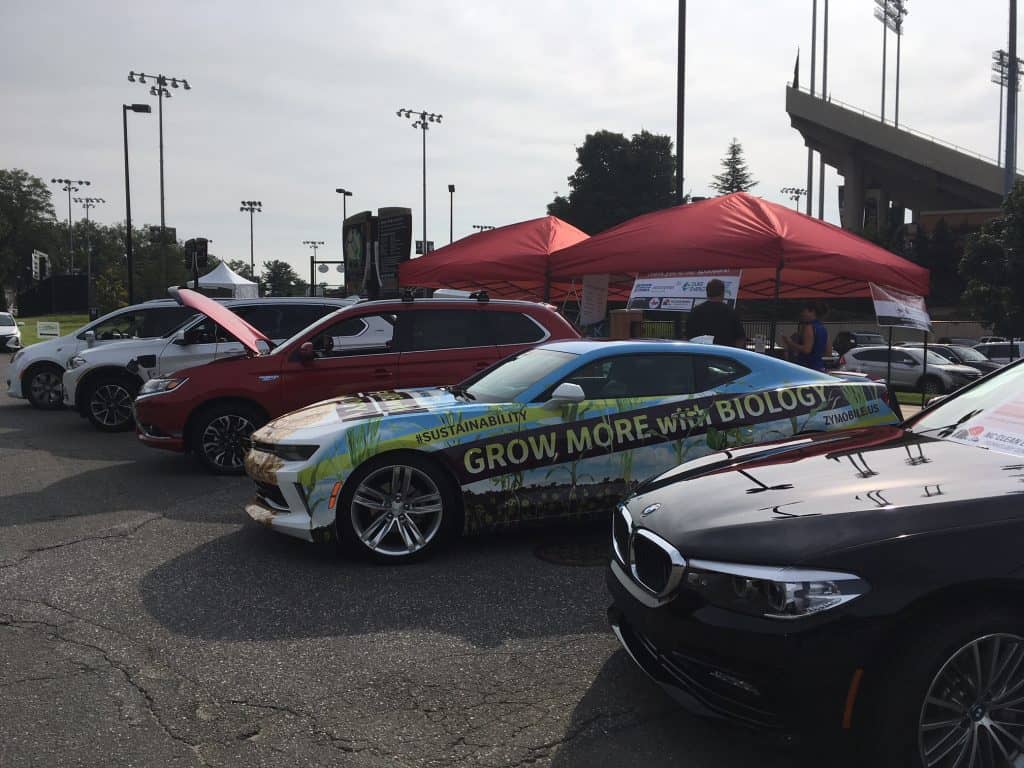
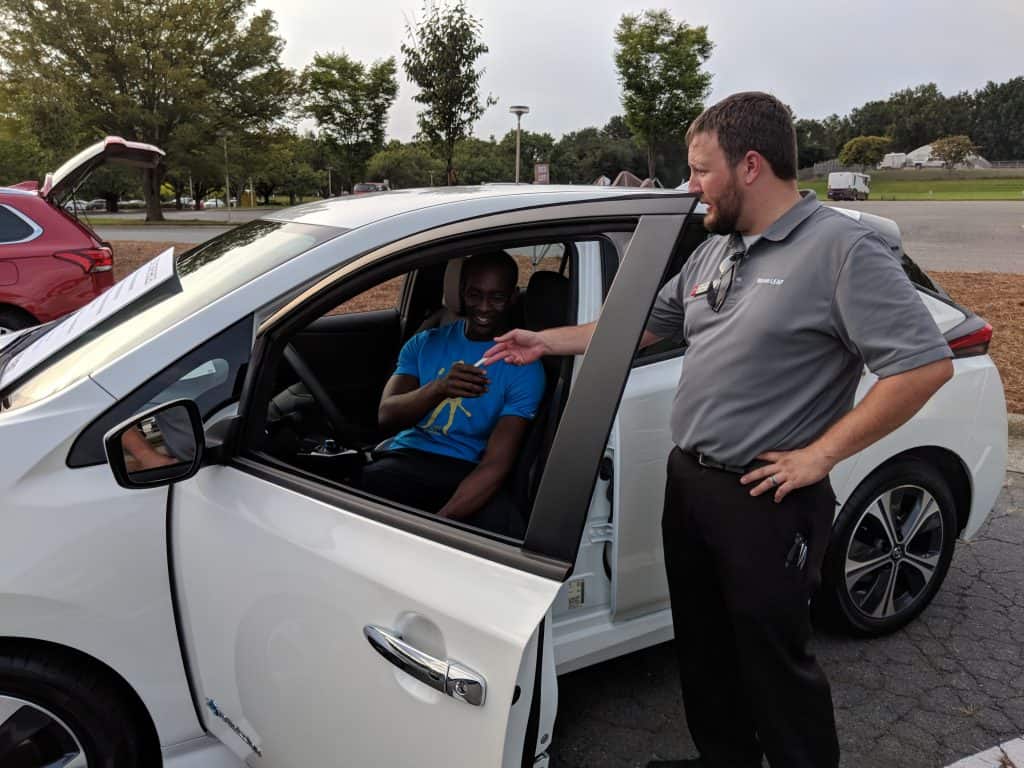
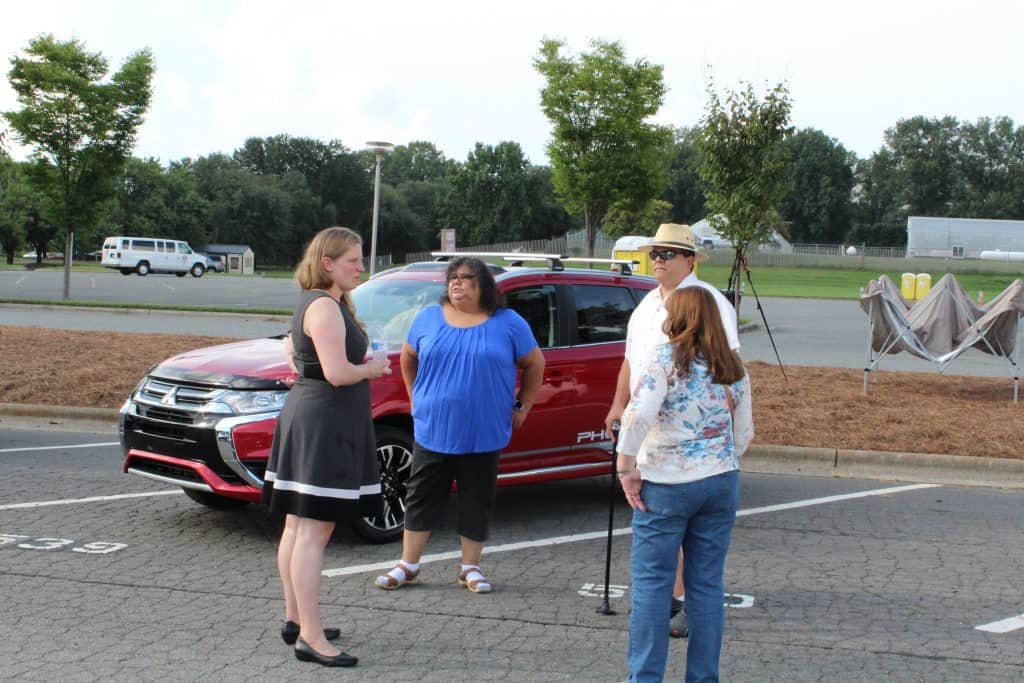
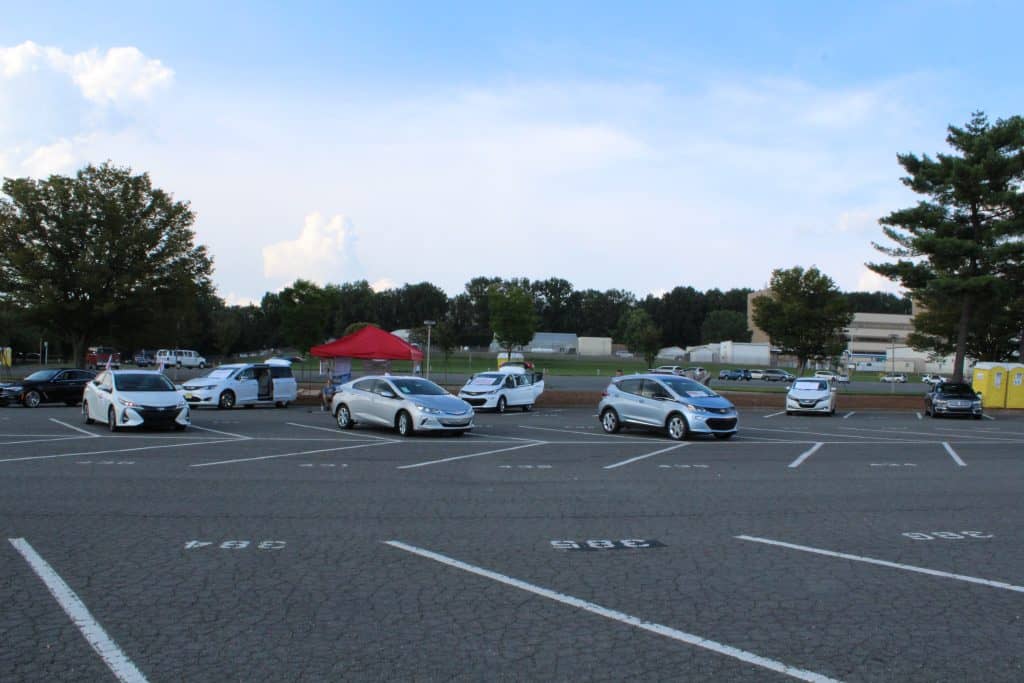
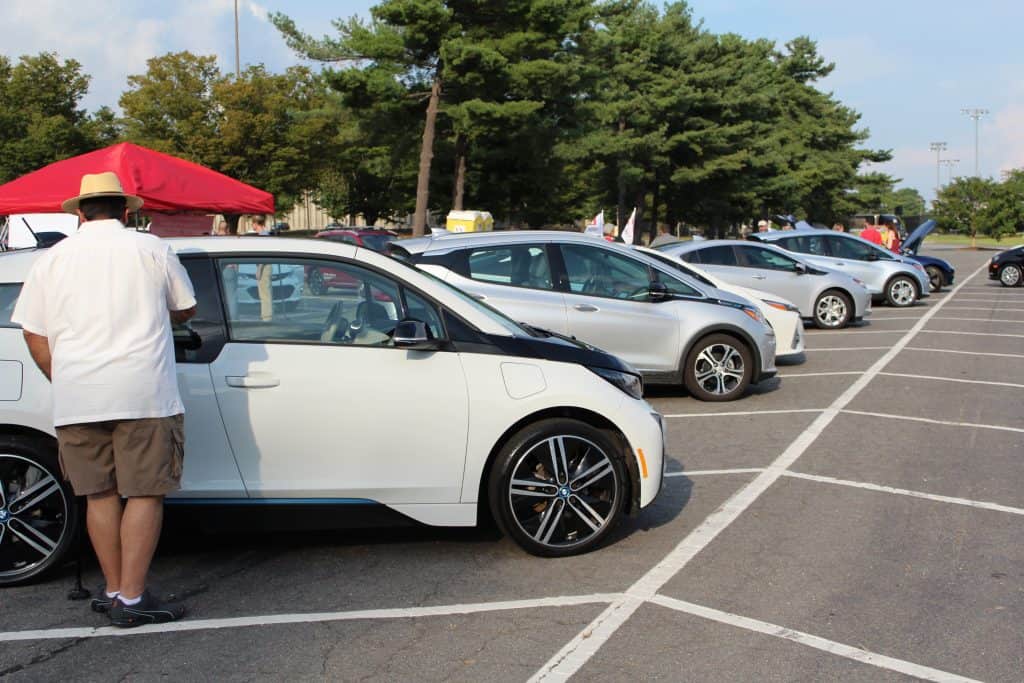
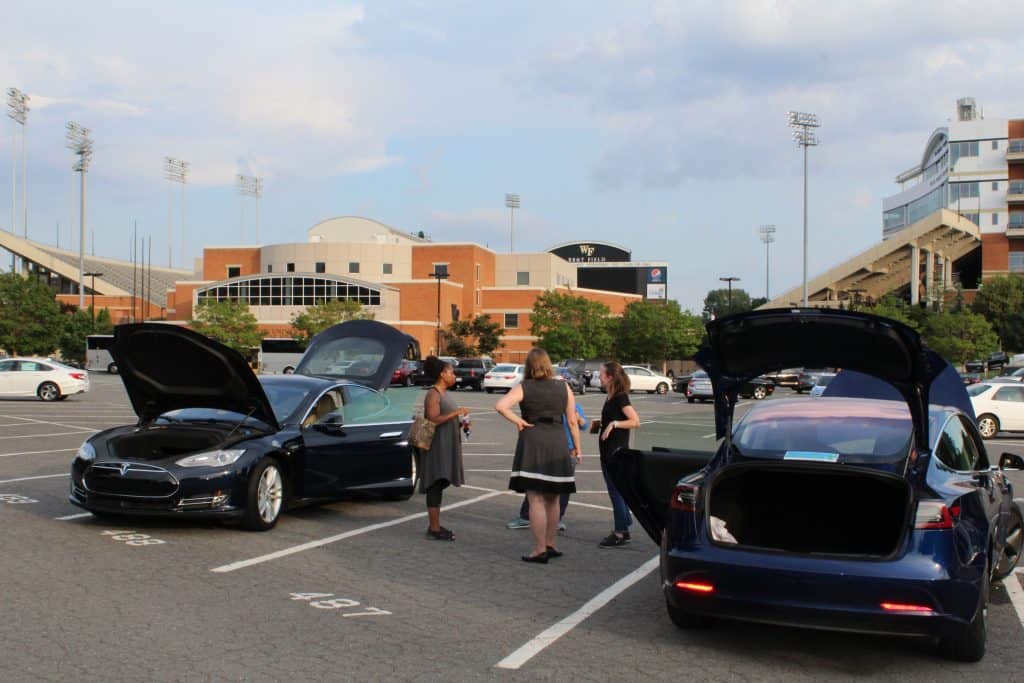
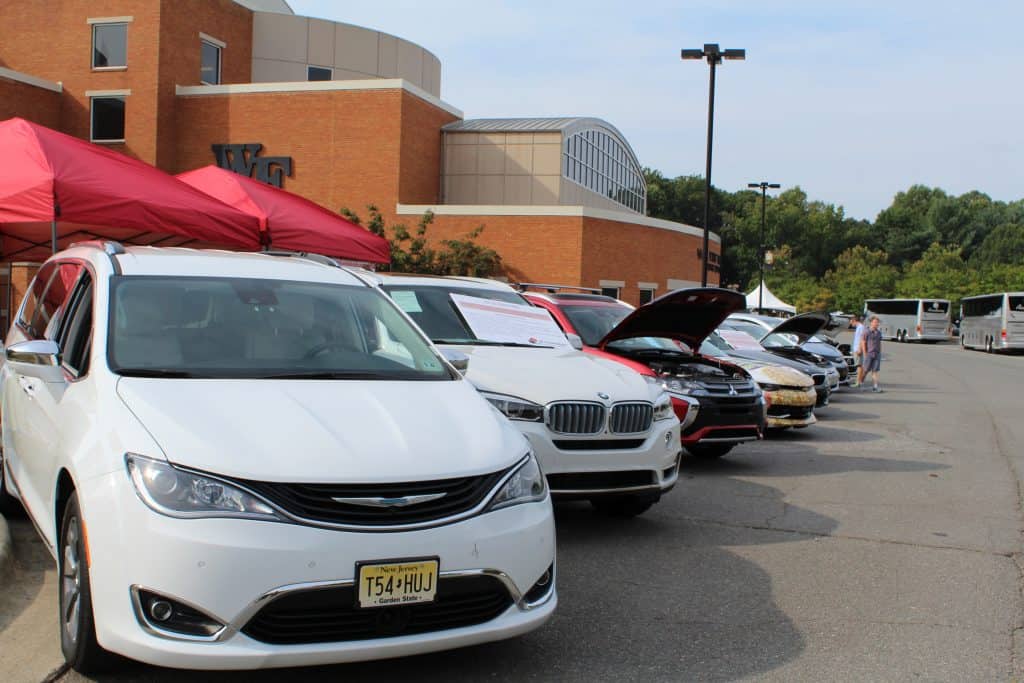
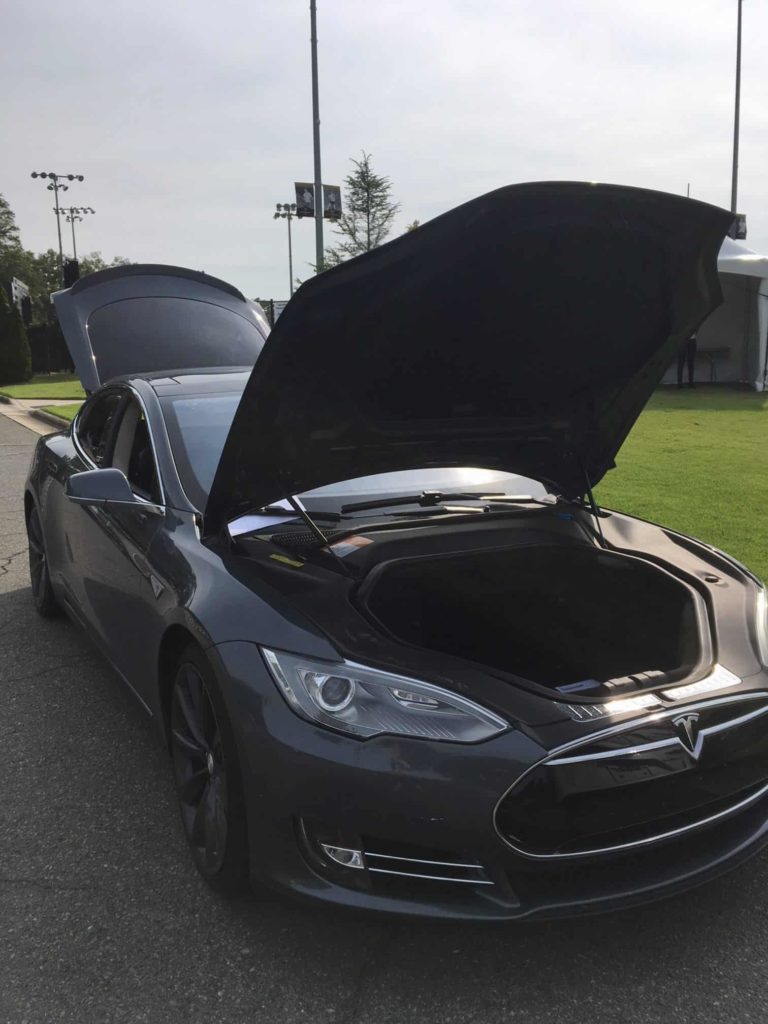
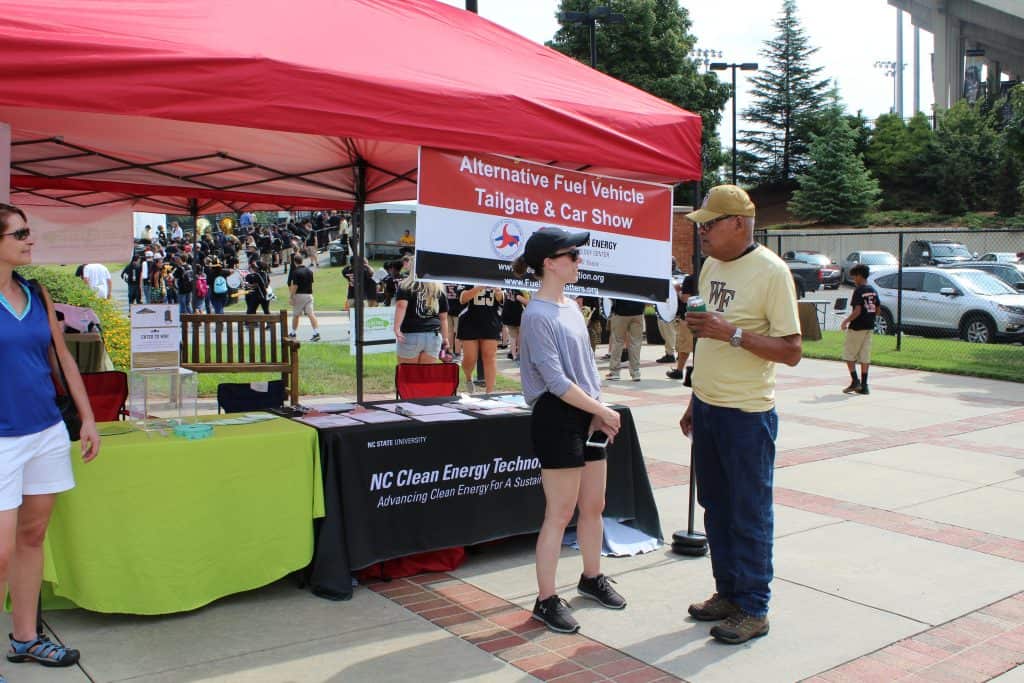
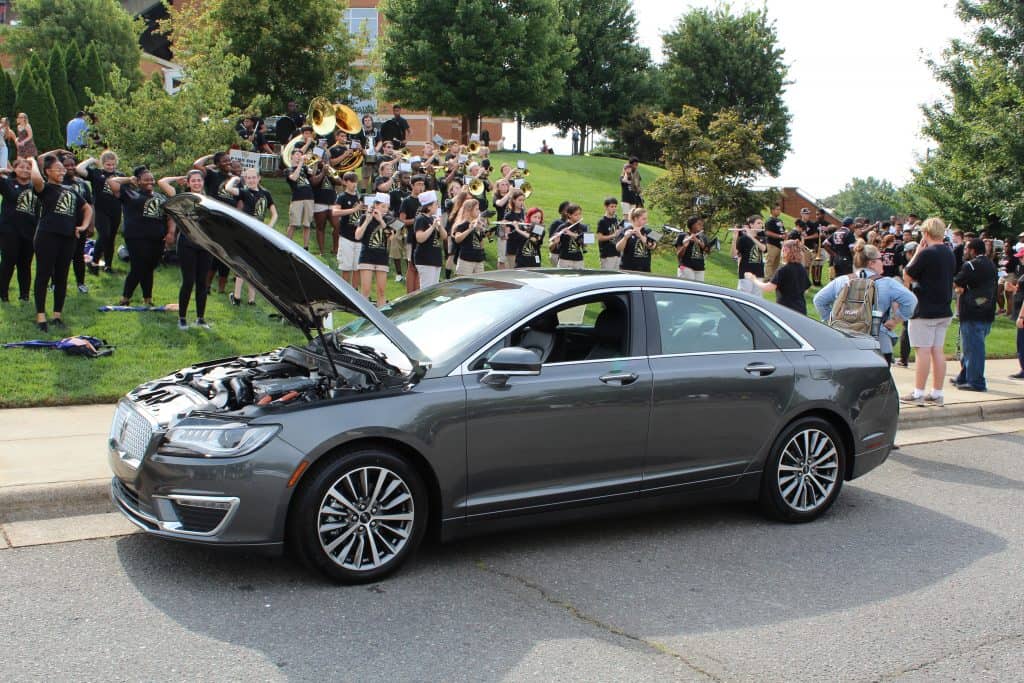
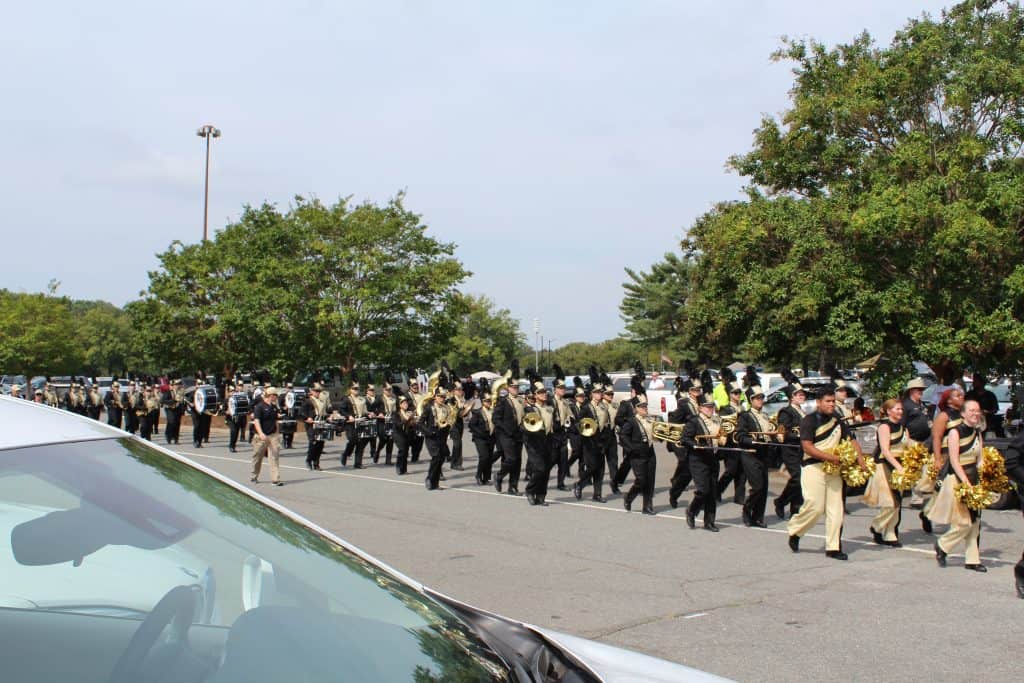
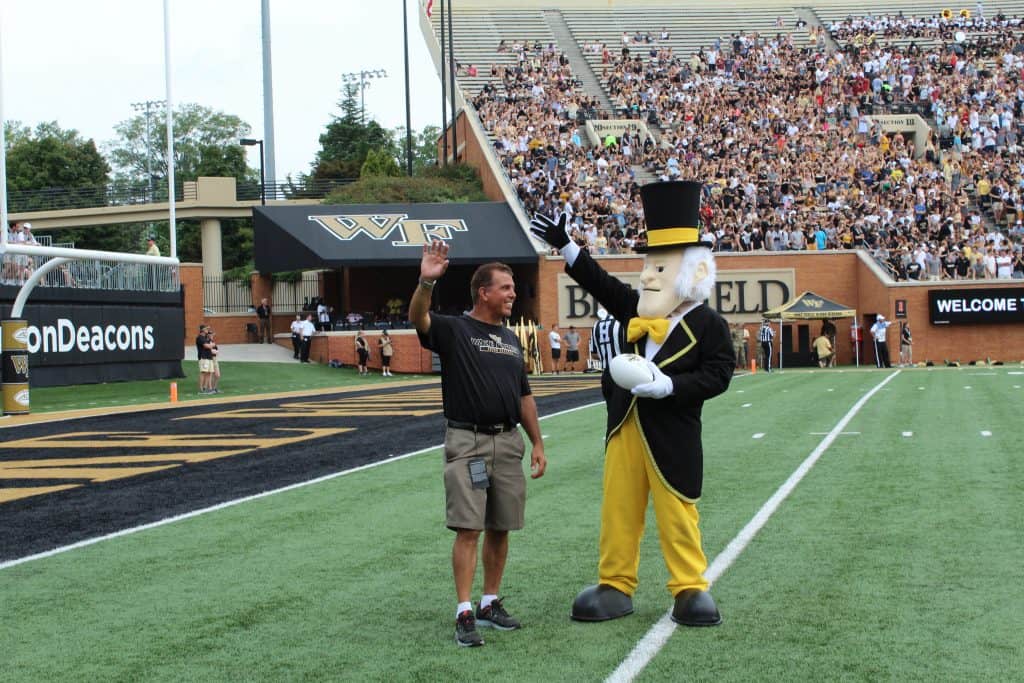


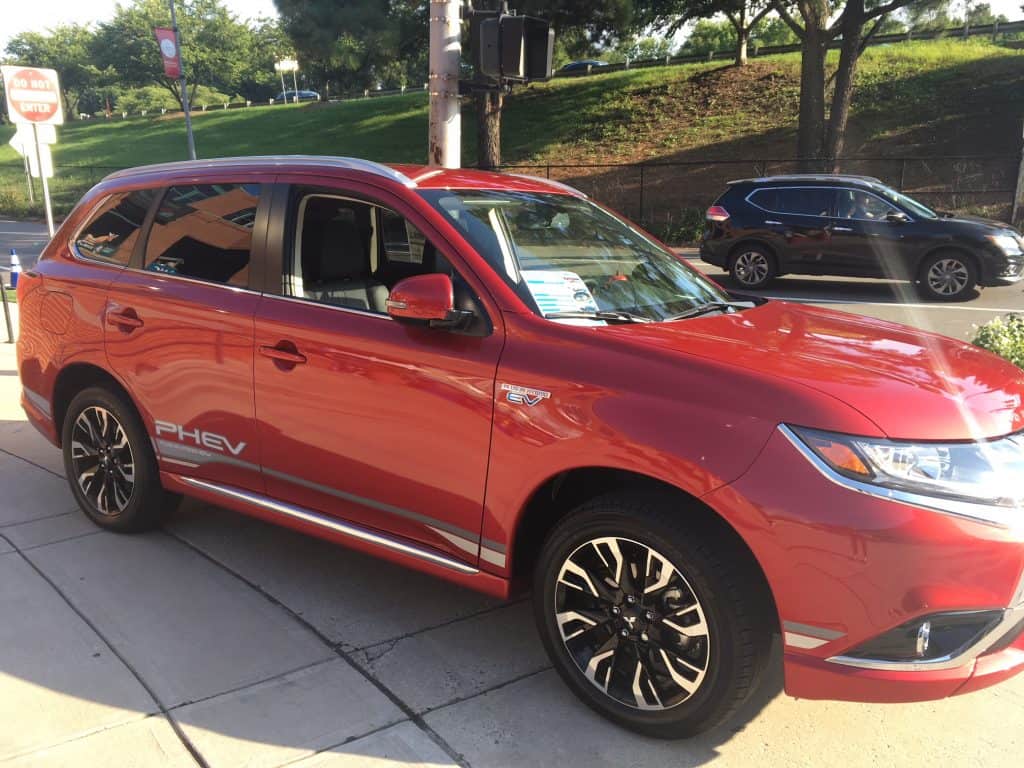
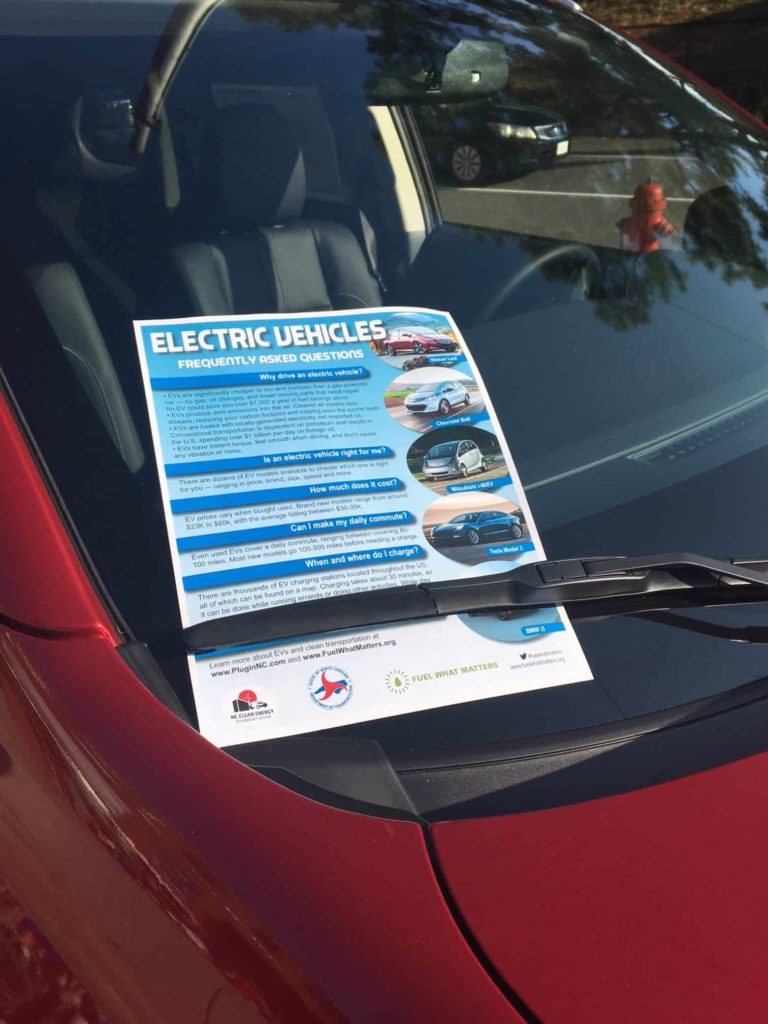




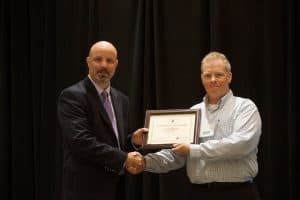
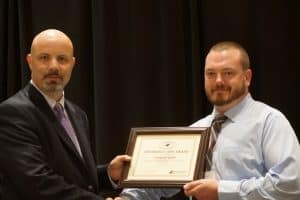
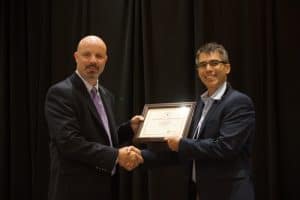
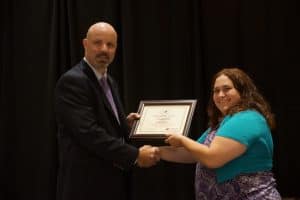
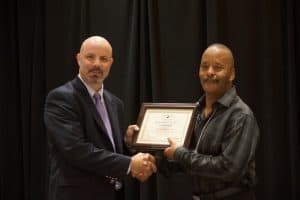
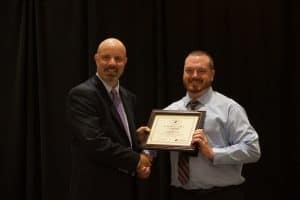
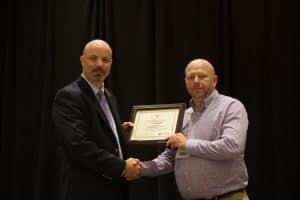
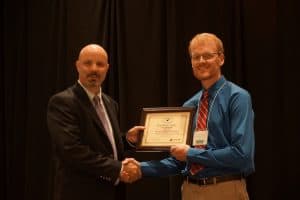
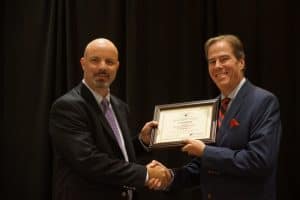
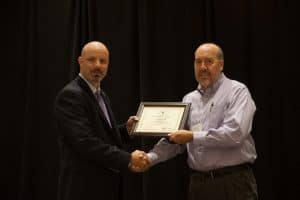
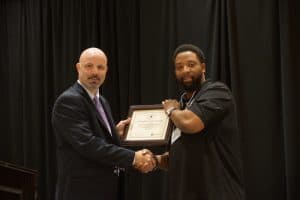
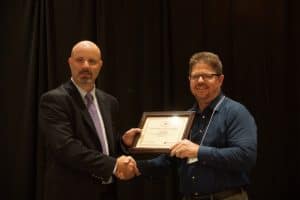
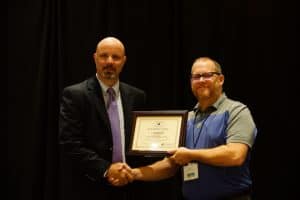
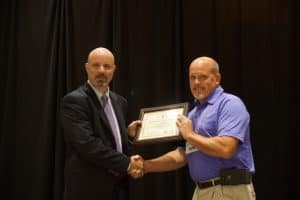
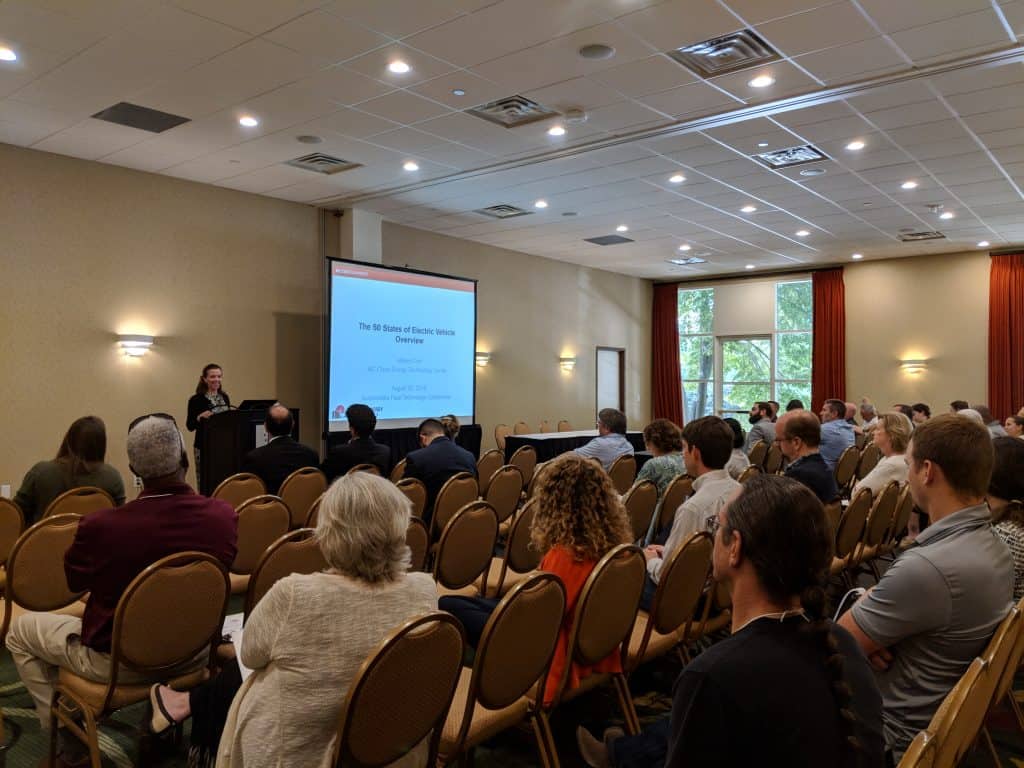
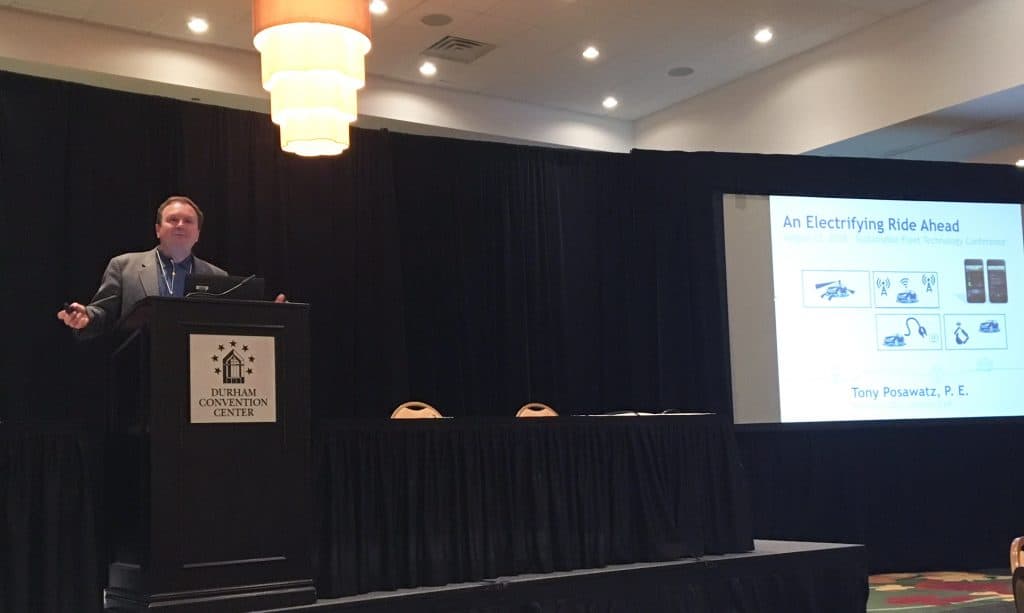
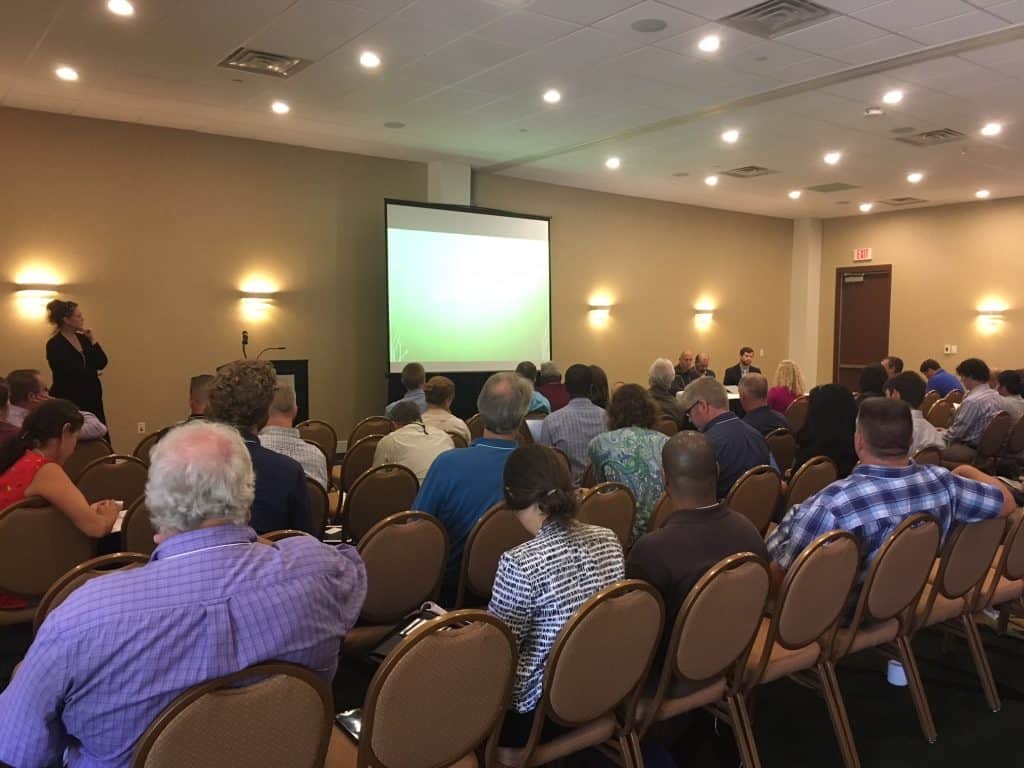
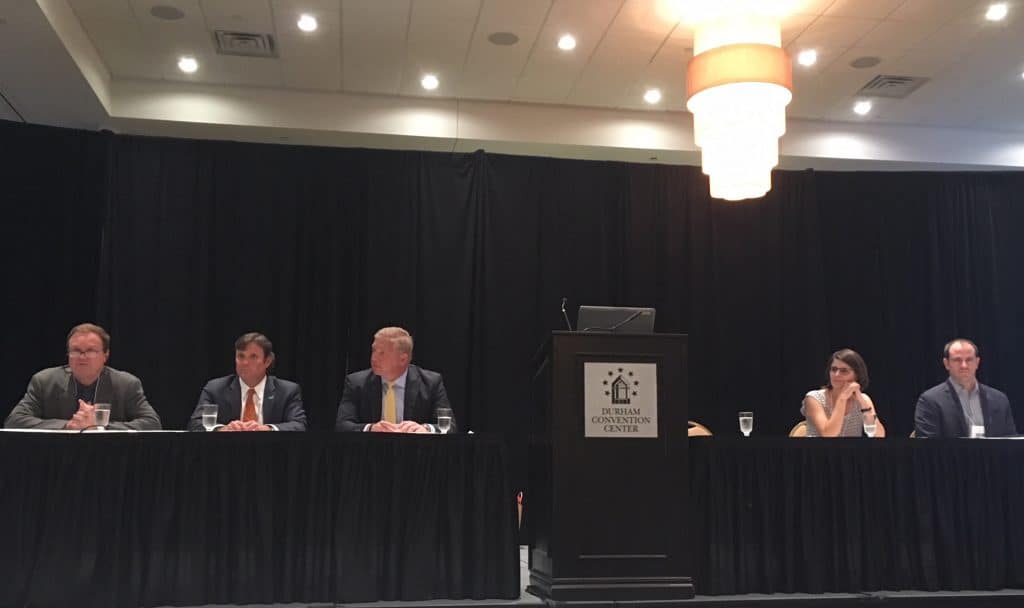
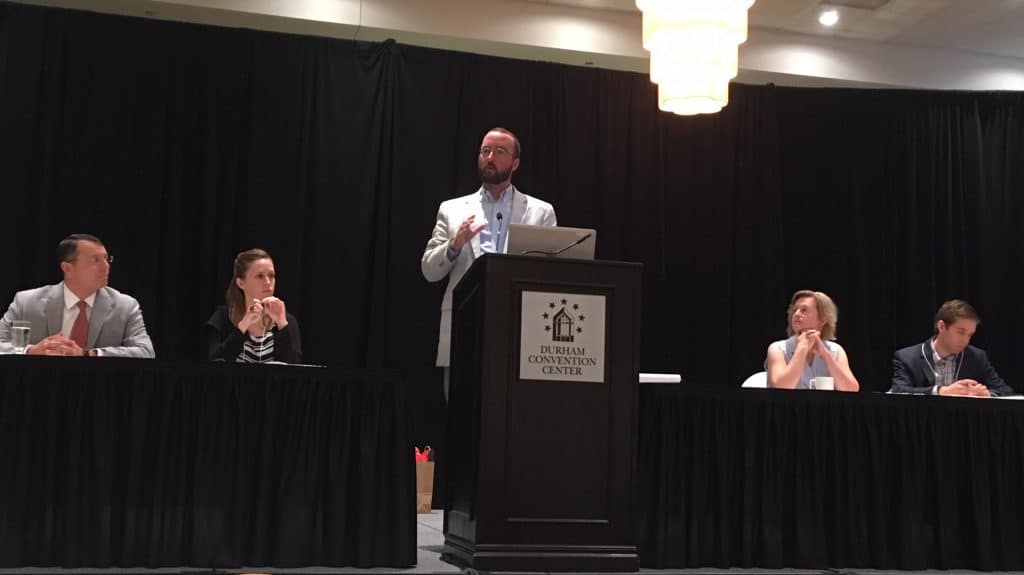
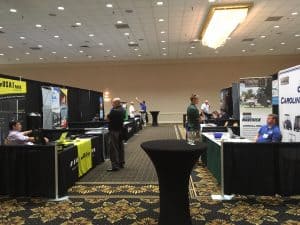
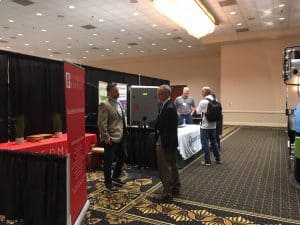
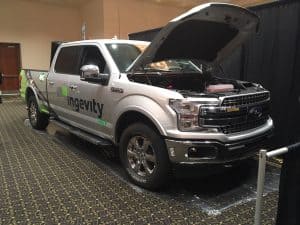
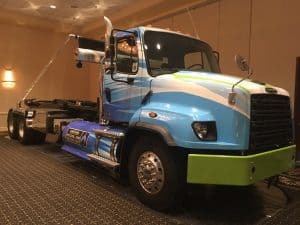 “The conference was a great success,” said Rick Sapienza, Clean Transportation Director at NCCETC. ” It brought together transportation professionals to exchange ideas on clean transportation technologies with a good mix of what is working today, and strategic thought-provoking discussion to consider and prepare for what might be coming
“The conference was a great success,” said Rick Sapienza, Clean Transportation Director at NCCETC. ” It brought together transportation professionals to exchange ideas on clean transportation technologies with a good mix of what is working today, and strategic thought-provoking discussion to consider and prepare for what might be coming 